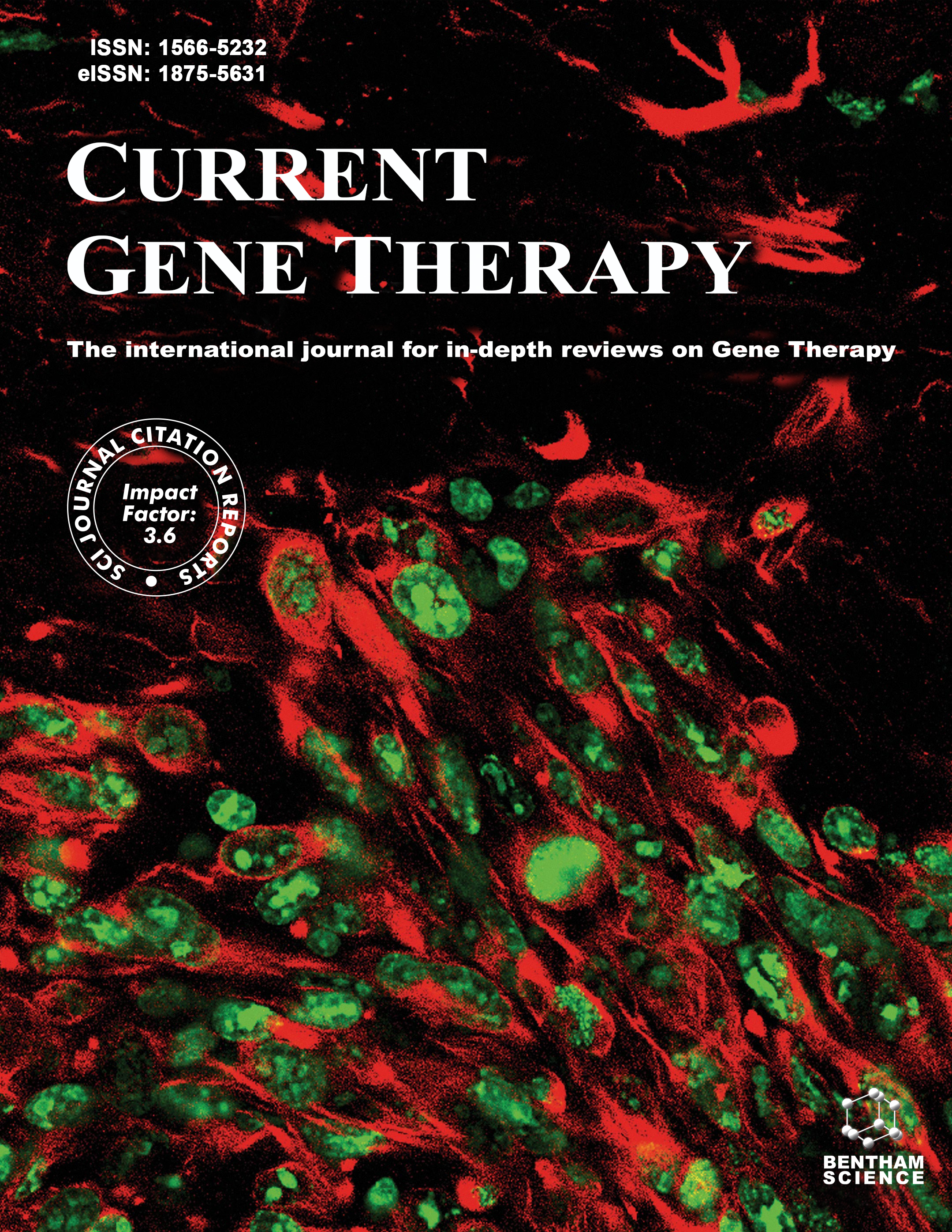-
s Gene/Cell Therapy Approaches for Immune Dysregulation Polyendocrinopathy Enteropathy X-Linked Syndrome
- Source: Current Gene Therapy, Volume 14, Issue 6, Dec 2014, p. 422 - 428
-
- 01 Dec 2014
Abstract
Immune dysregulation, Polyendocrinopathy, Enteropathy, X-linked (IPEX) syndrome is a rare autoimmune disease due to mutations in the gene encoding for Forkhead box P3 (FOXP3), a transcription factor fundamental for the function of thymus-derived (t) regulatory T (Treg) cells. The dysfunction of Treg cells results in the development of devastating autoimmune manifestations affecting multiple organs, eventually leading to premature death in infants, if not promptly treated by hematopoietic stem cell transplantation (HSCT). Novel gene therapy strategies can be developed for IPEX syndrome as more definitive cure than allogeneic HSCT. Here we describe the therapeutic approaches, alternative to HSCT, currently under development. We described that effector T cells can be converted in regulatory T cells by LVmediated FOXP3-gene transfer in differentiated T lymphocytes. Despite FOXP3 mutations mainly affect a highly specific T cell subset, manipulation of stem cells could be required for long-term remission of the disease. Therefore, we believe that a more comprehensive strategy should aim at correcting FOXP3-mutated stem cells. Potentials and hurdles of both strategies will be highlighted here.


